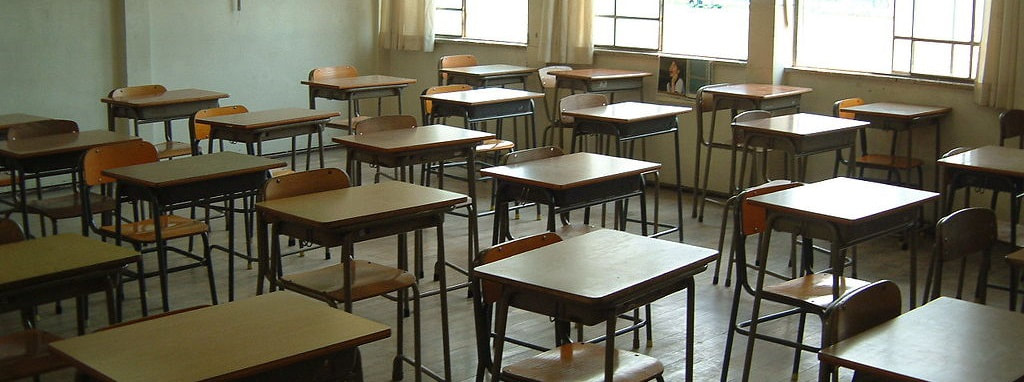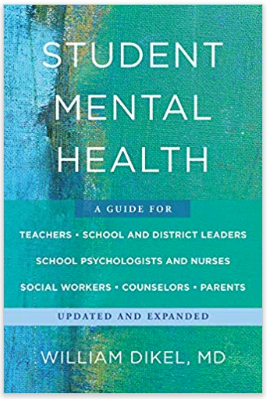
Read both reports on a school district's mental health support activities
These two reports provide an in-depth analysis of school district mental health support activities, with numerous recommendations for optimizing student and family well-being. They provide information that is generalizable to small and large districts alike, and that expand the concepts outlined in my textbook, “Student Mental Health- A Guide for Teachers, School and District Leaders, School Psychologists and Nurses, Social Workers, Counselors and Parents.”
Read and download my two latest reports:







 RSS Feed
RSS Feed